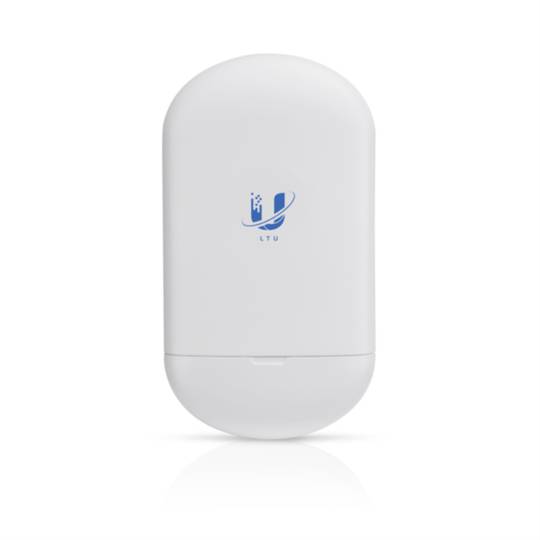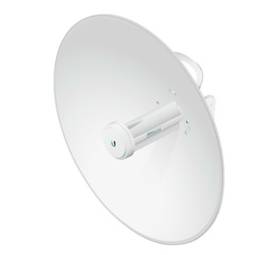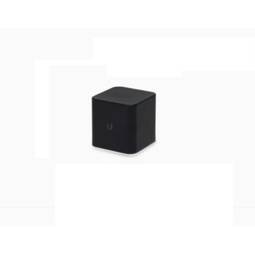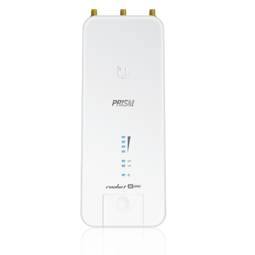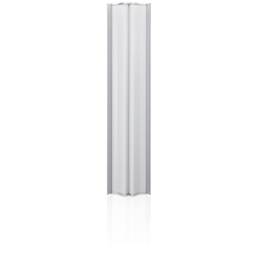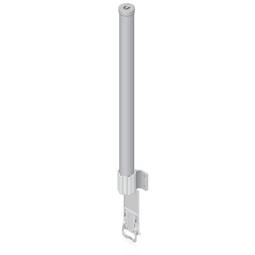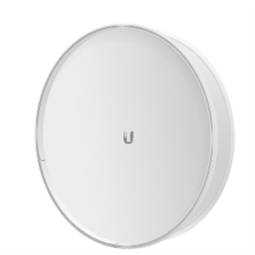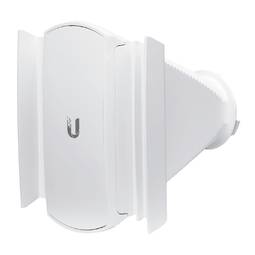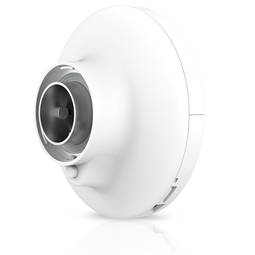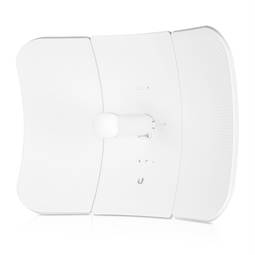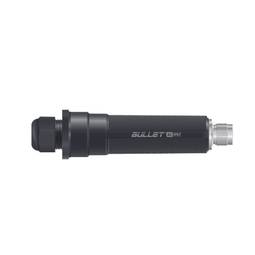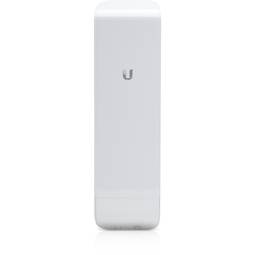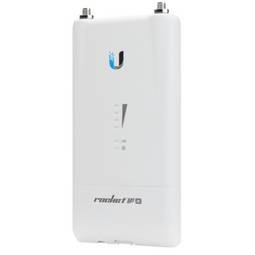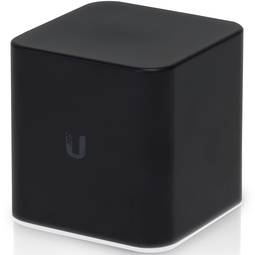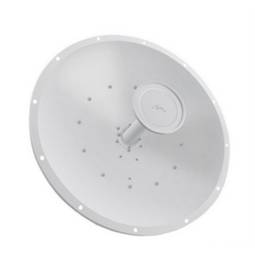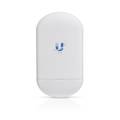08/08/2025 3:12 p.m.
https://cablematic.com/en/products/5-ghz-antenna-with-13-dbi-from-ubiquiti-ltu-lite-UI285/
https://cablematic.com/en/products/5-ghz-antenna-with-13-dbi-from-ubiquiti-ltu-lite-UI285/
5 GHz antenna with 13 dBi from Ubiquiti LTU-Lite
REF: UI285
Specifications
- Maximum data transfer rate: 1000 Mbit/s.
- AC input voltage: 24 V.
- Input current: 0.5A.
- Power consumption (max): 8.5W.
- Location: Mast.
PVP
€101.79
Price including VAT:
€101.79
PVD
€97.88
PVP: Retail price.
Check conditions.
PVP: Sale price to distributors.
Check conditions.
warranty
returns
safe
We will notify you when it is back in stock.
Specifications
- Maximum data transfer rate: 1000 Mbit/s.
- AC input voltage: 24 V.
- Input current: 0.5A.
- Power consumption (max): 8.5W.
- Location: Mast.
More info
High performance device designed to provide a data connection of up to 1000 Mbit/s. Its AC input voltage is 24 V and it consumes a maximum of 8.5 W. The location of the product is on the mast and its color is white. It is certified by CE, FCC and IC. The type of antenna is internal and its maximum gain is 13 dBi. It has dimensions of 84 mm wide, 39.5 mm deep and 153 mm high. Manufactured by Ubiquiti with reference LTU-Lite.
Specifications
Specifications
- Maximum data transfer rate: 1000 Mbit/s.
- AC input voltage: 24 V.
- Input current: 0.5A.
- Power consumption (max): 8.5W.
- Location: Mast.
- Product colour: White.
- Certification: CE, FCC, IC.
- Antenna type: Internal.
- Antenna gain (max): 13 dBi.
- Uses: Ideal for creating long-range wireless networks.
- Compatibilities: Compatible with Ubiquiti brand equipment.
- Connections: Wireless connectivity via radio frequency.
- Features: Compact and lightweight design for easy transport and assembly.
- Technology: Advanced 802.11n technology.
- Gross Weight: 1.0 kg
- Number of packages: 1
- Master-pack: 1
Technical terms
- Hz
- dBi
- RF or Radio Frequency
- Wifi
Hz
One hertz is one cycle per second, meaning repeating cycle as an event. For example, hertz is applied physics measuring the number of times for a second wave (either acoustic or electromagnetic) is repeated or can be applied, among other uses, to ocean waves that reach the Beach vibrations per second or a solid. The quantity that measures the frequency hertz is called,in this regard, the inverse of the period. One hertz is an oscillation frequency of suffering a particle over a period of one second.




